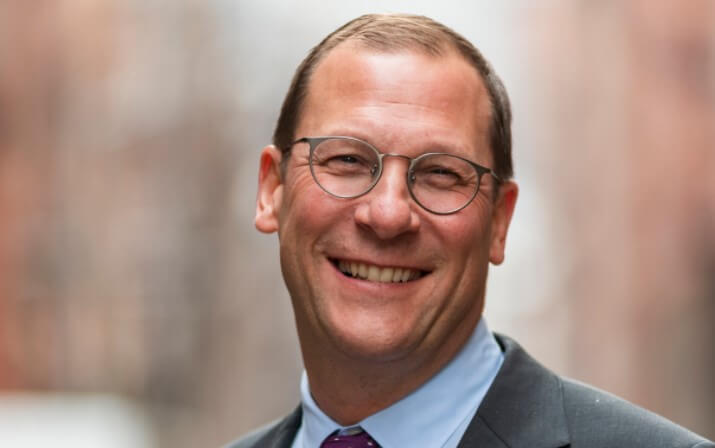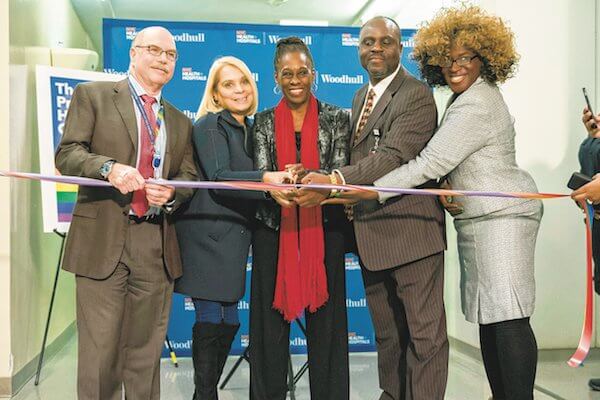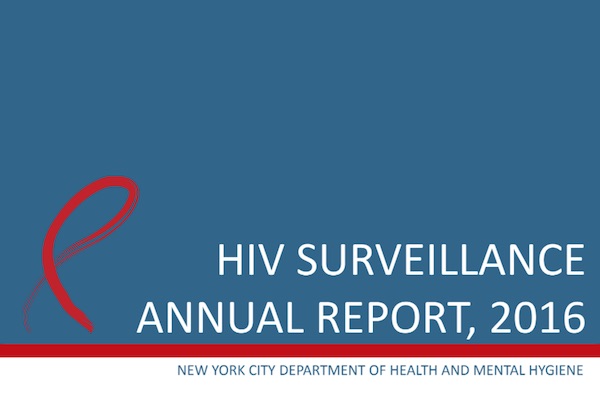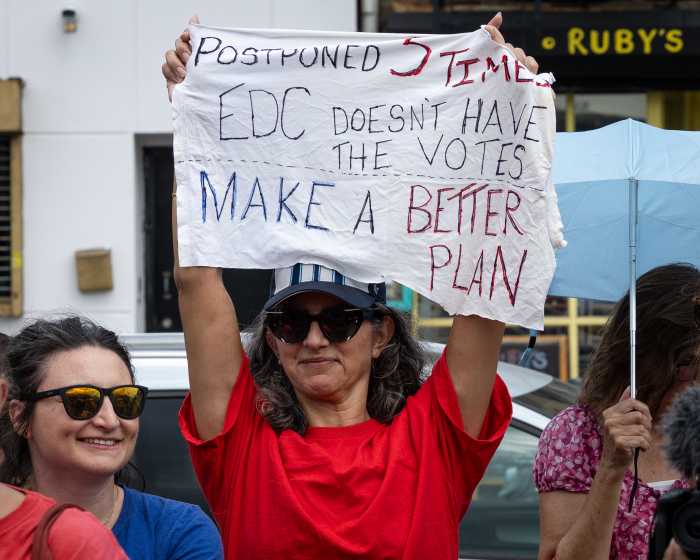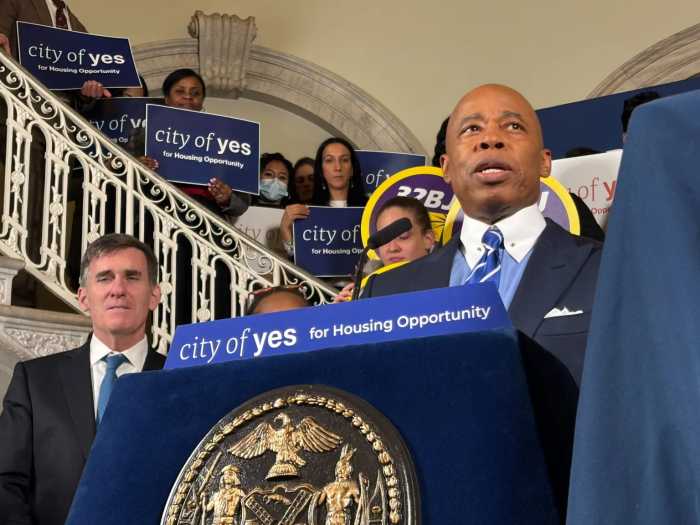A federal program requiring drug manufacturers to distribute medication to certain providers at discounted prices could undergo sweeping changes here in New York, prompting local nonprofits to raise concerns about the looming impact those changes could have on vulnerable populations — including individuals living with HIV/ AIDS as well as homeless folks.
Under the 340B program — named after Section 340B of the Public Health Service Act — pharmaceutical companies participating in Medicaid sell discounted drugs to managed care providers with underserved clients, which allows the providers to then utilize remaining funds to facilitate other services. The organizations that benefit from the program include community health non-profits, homeless shelter providers, and safety net hospitals, which serve patients regardless of their ability to pay.
However, those crucial organizations are fearing the worst after the state passed a budget in April calling for the program to be carved out on April 1 of next year in such a way that would divert the savings from providers serving vulnerable populations to the state as part of a fee-for-service model.
Nonprofits say altering 340B could hinder efforts to end the HIV/ AIDS epidemic in New York
“The state is saying, ‘No, we’re going to take it,’” Matt Bernardo, the president of Housing Works, told Gay City News in an interview. Housing Works serves many New York City residents living with HIV/ AIDS and experiencing homelessness, and the organization is among the groups slated to be impacted by the changes.
“It’s something that is not just an administrative change,” Bernardo said. “It’s a massive impact for safety net providers and for efforts to end the epidemic here in New York.”
The robust coalition working to halt the impending changes includes dozens of groups such as the AIDS Healthcare Foundation, Gay Men’s Health Crisis, Planned Parenthood, the Latino Commission on AIDS, the LGBT Community Center, the Callen-Lorde Community Health Center, Harlem United, and the Treatment Action Group.
Bernardo and others are underscoring the ripple effect the changes would have on both providers and the clients they serve. He predicted that some service organizations would be shuttered entirely, clients would lose access to the ongoing care they need, and the compounding consequences of those realities would eventually mean hospitals would be overwhelmed with folks who couldn’t afford their routine healthcare.
“People are going to be showing up at hospitals and the cost of care will explode,” Bernardo added.”
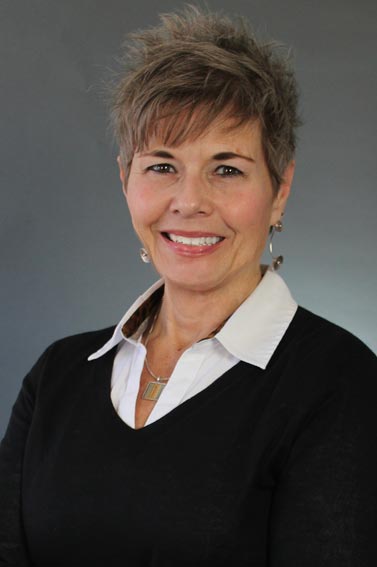
At Harlem United, which works to provide housing, healthcare, testing, vocational services, and other offerings to more than 10,000 clients per year, CEO Jacqui Kilmer stressed that the changes would have a disproportionate impact on low-income New Yorkers, the LGBTQ community, and people of color.
Harlem United currently uses savings from the 340B program to conduct outreach in communities, transport individuals to clinics and other facilities, and connect individuals who are not virally suppressed to case management services as part of a broader goal of ending the HIV/ AIDS epidemic, Kilmer explained.
“People will get sicker, hospitalizations and emergency room visits will go up, and service providers will lay staff off,” Kilmer said. “In many cases they will have to shut their doors.”
In October, more than 100 organizations penned a letter to Governor Andrew Cuomo expressing “strong opposition” to the changes and noted that up to 70 percent of the clients served by 340B hospitals, clinics, and organizations are covered under a Medicaid managed care plan.
The coalition is pointing to a report published by the Menges Group — a strategic health policy and care coordination consulting firm — that estimates the changes will cost taxpayers $154 million in one year.
When reached for comment on November 23, the state’s health department characterized the forthcoming changes much differently.
“The Medicaid Redesign Team II proposal to move the Medicaid pharmacy program from managed care plans saves taxpayers millions of dollars by increasing transparency, ensuring Medicaid pays the best price for medications, and eliminating unnecessary administrative costs to health plans, all while ensuring that consumers continue to have access to needed medications,” Jonah Bruno, a spokesperson for the State Health Department, said in a written statement to Gay City News. “In the upcoming fiscal year, we will allocate more than $100 million dollars in savings achieved through the carveout directly to 340B providers. Additionally, 340B entities will still be able to purchase medications at reduced 340B prices.”
The state health department also noted that in accordance with state law, the department convened a 340B advisory group to figure out how the state should distribute the funding directly to 340B entities. That group has met three times so far and a fourth meeting will be scheduled soon.
The service providers, however, are foreshadowing a far more disastrous scenario under which the interruption in services they provide could create dire healthcare realities for many communities that have already faced hardship during the coronavirus pandemic.
“We are going to be loud and do the advocacy that the HIV/AIDS community and community health organizations have been known for,” Bernardo added. “We are calling on the governor, who has the power to stop this, and the health department, to rethink this.”
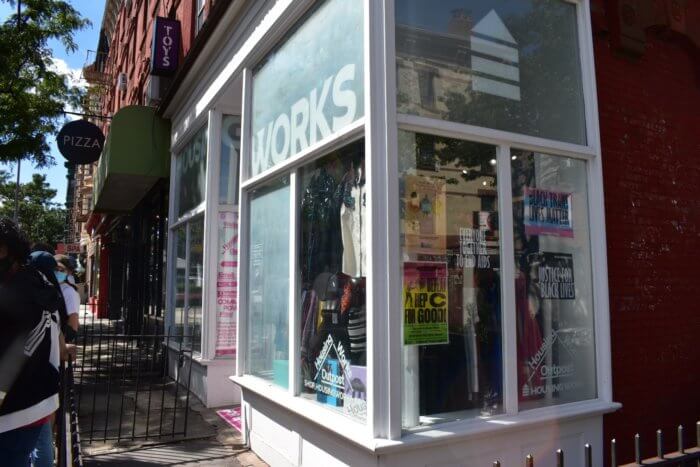
Bernardo and Kilmer said there are efforts underway to engage lawmakers with the hopes that they can step in and help stop the changes from being implemented in April. A pending bill proposed by State Assemblymember Richard Gottfried of Manhattan and State Senator Gustavo Rivera of the Bronx, who chair their respective chamber’s Health Committee, calls for delaying the 340B changes for three years.
Kilmer added that the coalition has also facilitated conversations with government agencies, underscoring the sense of urgency on the part of the service providers who are likely to be impacted.
“For many people, this seems to be a very complex issue when you start talking about the 340B program,” Kilmer said. “But the bottom line is this: If this change in the budget goes through, it would devastate people’s health.”
To sign up for the Gay City News email newsletter, visit gaycitynews.com/newsletter.

